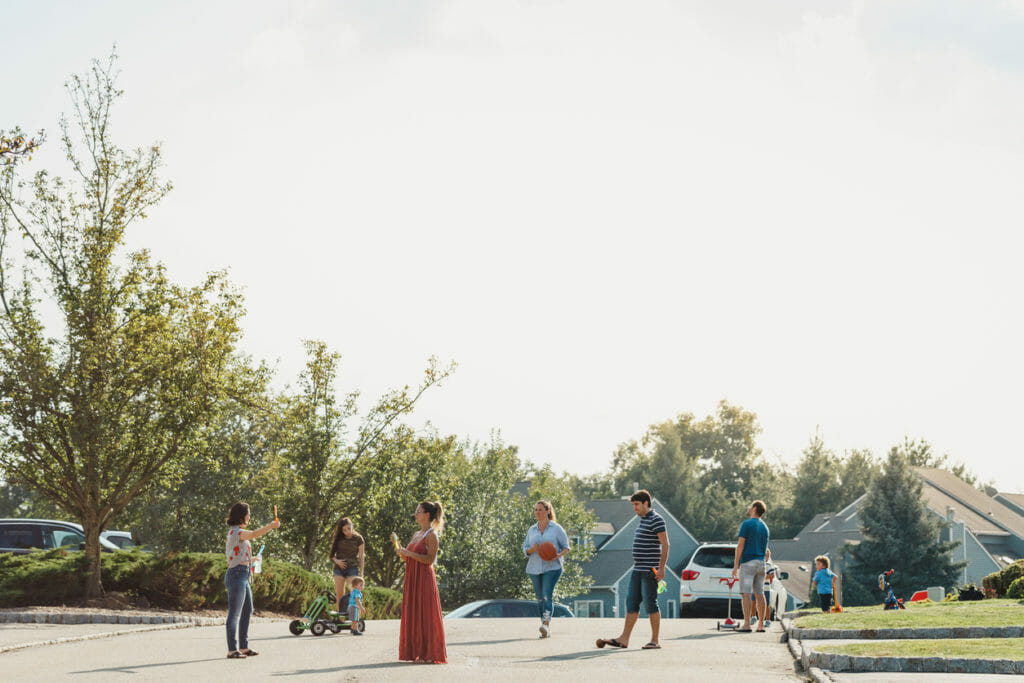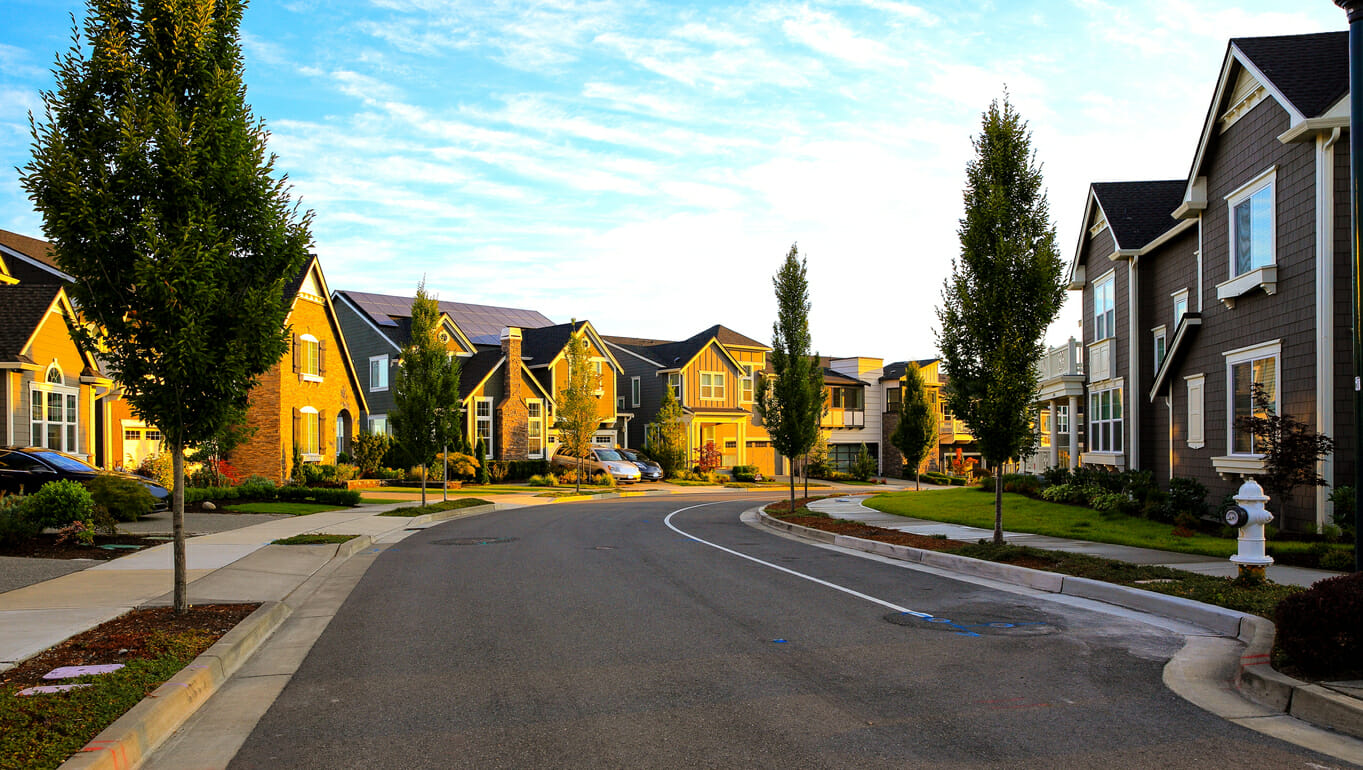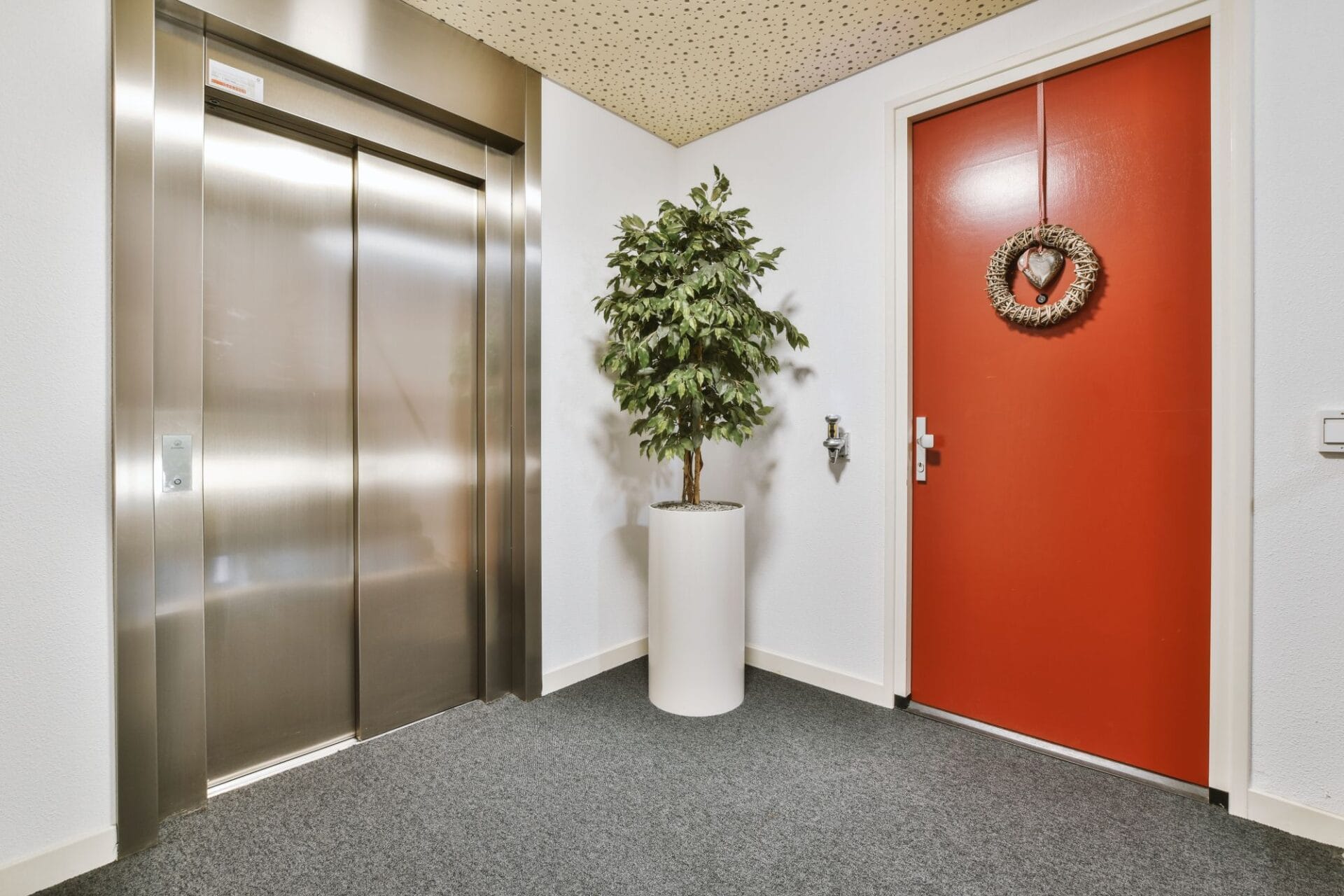The financial impact of COVID-19 has been devastating to some industries and populations in the United States. Those who work in the service, travel, and entertainment industries have been hit particularly hard. But, it’s not all bad news. It seems that the majority of condo and HOA communities have not suffered financial hardships the way some feared they would. In fact, new research from the Community Associations Institute (CAI), has found that 92% of condominium and homeowners association residents are up to date on paying their assessments (also known as fees or dues).
Association fees
Things like trash collection, road and building maintenance, landscaping, snow removal, and pool maintenance are funded by homeowner fees or dues. Some of this money is also allocated to a reserve fund to cover future repairs and maintenance of common areas. Condos and HOAs need owners to pay their dues on time so that the development can continue to operate well. Fees are calculated as part of the annual budget, and the association counts on those fees to cover expenses. Even a few late payments can create financial strain for a small community.
When someone buys into a community association, they are agreeing to pay the fees that are needed to keep the association running as well. If they fail to meet this obligation, the association has the authority to take proactive measures (including legal action) to ensure the money is paid. For example, the association can put a lien on a property, and in rare cases, can foreclose on a property. Collection accounts and public records may appear on the owner’s credit reports, making it harder for them to get other loans or find housing in the future. For these and many other reasons, owners generally take association fees very seriously.
No drastic changes with delinquent fees
CAI began surveying members in April 2020 to collect data pertaining to payment of assessments, amongst other things. The institute did this to help monitor and quantify the financial impact of COVID-19. Thousands of CAI members, including management company executives and board members who represent tens of thousands of residential associations across the U.S., responded to the surveys.
Participants were asked about the percentage of homeowners that are up to date on fee obligations, and what percentage of them were behind on payment obligations. The options included:
- Current/up to date
- 31 – 60 days late
- 61 – 90 days late
- More than 90 days late
CAI used statistics from February of 2020 as a benchmark because this was the month before COVID-19 was declared a national emergency. In that month, 92% of owners were caught up on association fees, 5% were late by 31 – 60 days, 2% were late 61 – 90 days late, and 4% were more than 90 days late.
By July of 2020, 89% of owners were still paying their fees on time, 5% were 31 – 60 days late, 3% were 61 – 90 days late, and 6% were more than 90 days late.

The latest data for February 2021 shows that the percentage of homeowners who have paid dues on time is back up to 92%. 5% of homeowners are 31 – 60 days late, 3% are 61 – 90 days late, and 5% are more than 90 days late.
Online payments simplify fee collection
There are a few reasons why owners may be doing so well when it comes to paying fees. Some may not be making mortgage payments in full, allowing them to cover their association fees (more on that issue can be found below).
Online payment options may also be making this process easier and more convenient for owners. Using a property management software system like Condo Control, owners have the ability to pay recurring fees as well as one-time expenses like a new FOB for their condo building, or a violation fine. Owners can even set up automatic payments. Using a credit card, or granting access directly from their bank account, association fees are taken care of as soon as they are due.
This type of system is helpful for any community, but becomes essential when something like COVID-19 limits in-person interactions. The property manager, or whoever is responsible for managing payments, doesn’t have to collect checks or cash from owners, and they can limit bank trips too. An online payment feature will do all of the heavy lifting and process online payments securely, much more quickly. Payments go right into the association’s bank account. With this system, managers don’t have to worry about chasing down owners or storing money.
Condo and HOA communities aren’t in the clear just yet
The vaccine rollout in the U.S. has happened relatively quickly compared to other developed countries in the world. Case counts are still high, but Americans are enjoying more of the things that were available to them before the pandemic began. People who lost their jobs are slowly returning to or finding work. But there may be trouble ahead for homeowners who are or who have struggled with mortgage payments.
To ensure homeowners had a place to live in during this challenging time, a moratorium on foreclosures for mortgages held by the federal government was introduced in March of 2020. The moratorium continues, which means mortgage companies are prohibited from filing foreclosure actions for late mortgage payments. Furthermore, mortgage companies are required to provide forbearance and payment plans for homeowners who cannot make full payments on time.
Based on recent history, it would not be surprising if financial issues surface in community associations after mortgage companies are given permission to pursue delinquent payments. In 2011, CAI surveyed residential associations to determine the impact on assessment delinquencies during the recession, which began at the very end of 2007. 46% of respondents indicated that assessment delinquencies were a serious issue, and property values were suffering as a result. More than a quarter of respondents said they had a delinquency rate of greater than 11%. This problem did get better after a few years, but it took time to recover.
If a condo or HOA starts to see this trend, it is advised to try and work with owners first before issuing additional late fees or penalties.
Conclusion
Today, more than 73 million Americans live in some form of community association! Collectively, they pay roughly $96 billion in assessments or fees. That’s a lot of money. When used properly, all of those funds help make community associations great places to live.
Due to perks like not having to shovel snow, or getting to enjoy a clean pool, and good community leaders to ensure things are running smoothly, the community association housing model is expected to be the most common form of housing by 2040, reports the National and State Statistical Review for Community Association Data. We expect that if HOA and condo communities can continue to maintain good communication, work collaboratively through challenges, and use tools and resources that make life easier for everyone, this prediction will absolutely come true.























